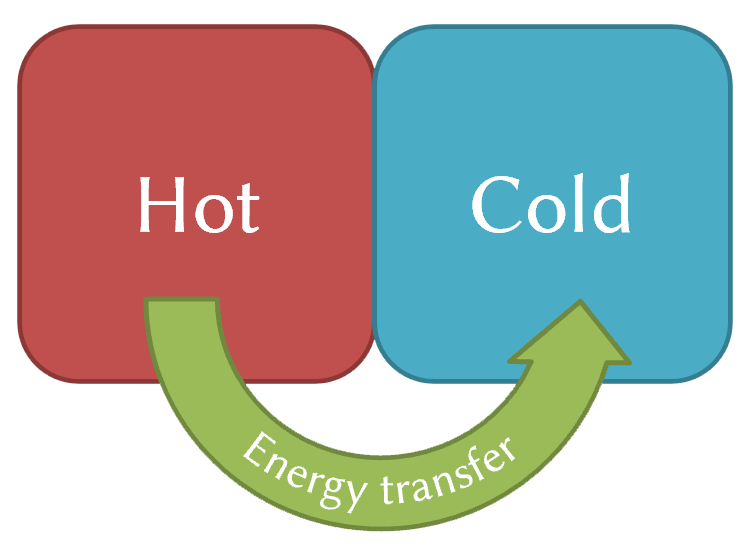Background: thermalisation in quantum mechanics
Time evolution in quantum mechanics is unitary and therefore completely deterministic. Naively, one would, therefore, expect that quantum systems never thermalise. However, in experiments we only have access to a very small number of degrees of freedom of a quantum system and the question is whether that small subset sees thermalisation.
Two scenarios are possible:
- Thermalisation occurs: eigenstate thermalisation hypothesis (ETH) holds, eigenstates tend to thermal states at long times, observables tend to their prediction from microcanonical ensemble. Information about initial conditions is long at long times. Entanglement entropy has extensive (volume law) behaviour.
- Thermalisation does not occur: ETH does not hold, information is held indefinitely within locally accessible observables. Entanglement entropy behaves sub-extensively (area law).

